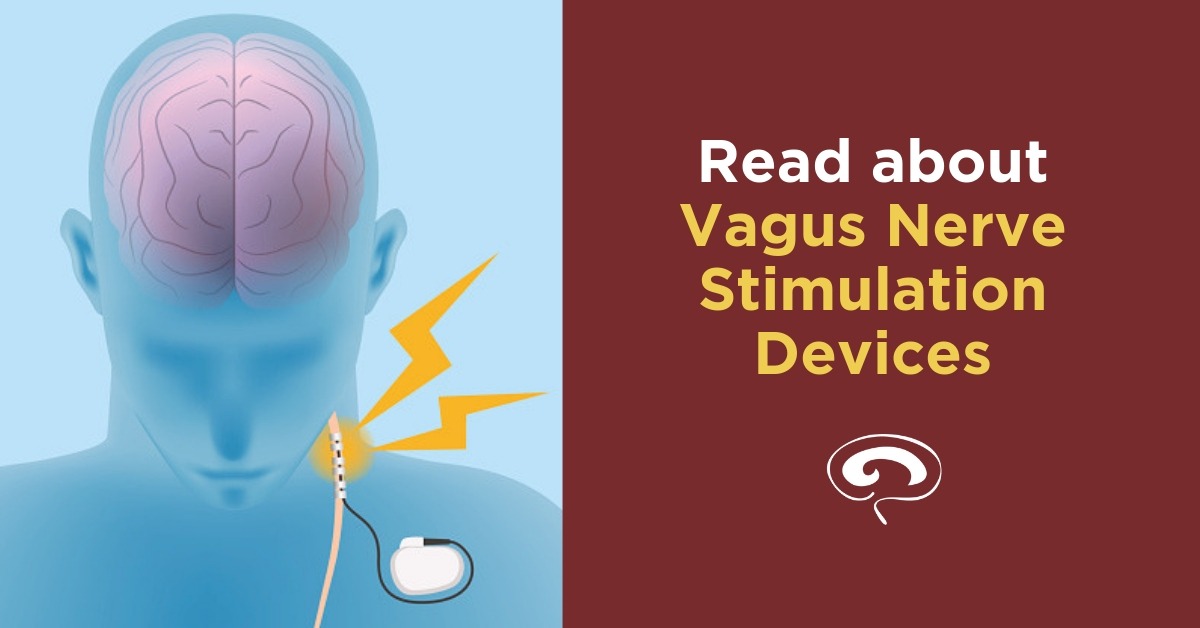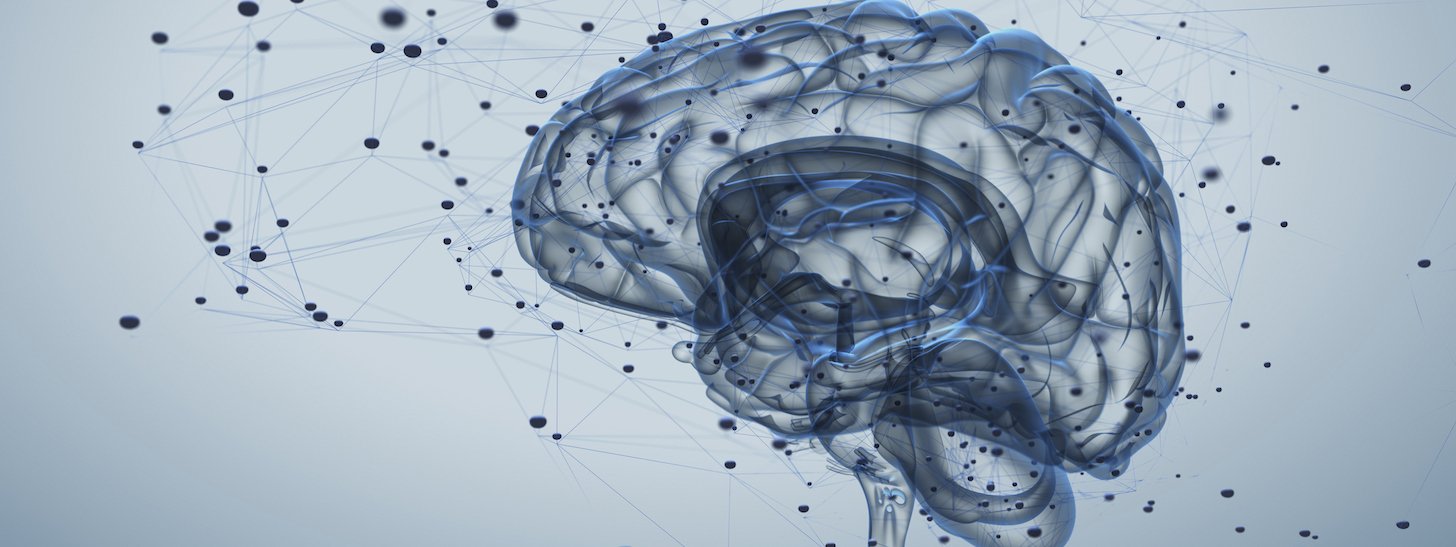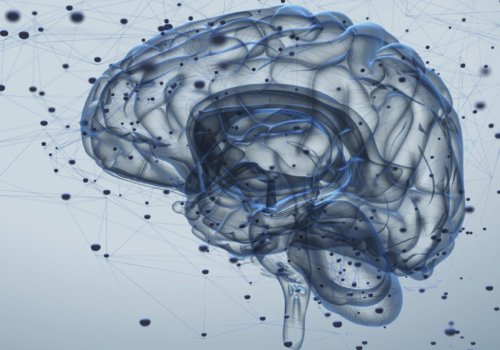
Vagus Nerve Stimulation for Migraine and Cluster Headache
This non-invasive, FDA-cleared treatment option decreases the likelihood of headaches
Recent clinical trials have been evaluating vagus nerve stimulation (VNS) for the treatment of various headache conditions, including migraine and cluster headache. In November 2018, the FDA cleared the VNS device for treatment of cluster headache. Dr. Katherine Hamilton, a neurologist and assistant professor of clinical neurology at the University of Pennsylvania, weighed in on how VNS can help patients manage migraine and cluster headache.

What conditions does VNS treat?
In the spring of 2018, VNS was FDA-cleared as an acute or abortive treatment for migraine. The trial evidence showed that VNS decreased the pain level of a migraine at 30 minutes and 60 minutes after using the device. In January 2019, VNS was approved for the prevention of cluster headache. The device has been shown to significantly lower the number of cluster attacks per week, compared with patients using only their regular medications. This is an exciting development for the cluster headache community because there are currently no other preventive treatments that have been FDA-approved or cleared for cluster headache.
What are the benefits of VNS compared to other treatments?
This neuromodulation device is ideal for patients who have frequent migraine attacks who don’t wish to take too many as-needed medications—like abortives—that can result in medication overuse headache. While there is an upper limit of how many times a patient can use the VNS device, Dr. Hamilton indicated that the number is so high that it’s unlikely any patient will reach that threshold, making the device safe to use multiple times a day.
Furthermore, the VNS device is non-invasive, greatly reducing the potential for complications such as surgery-related infection. The device is also not associated with any significant side effects.
Who is a good candidate for this treatment?
Despite the lack of long-term data, Dr. Hamilton says there is already research demonstrating the benefit of the VNS device. It is safe for use in many different patient groups, and is currently being studied for patients who are pregnant—a population with great need due to very limited options for migraine or cluster headache treatment during pregnancy. The device does, however, affect heart rhythm, making it potentially dangerous for patients with heart conditions.
“There are contraindications,” Dr. Hamilton said. “However, in a lot of populations, it’s very safe to use.”
Does this treatment have any barriers to access?
Dr. Hamilton says she thinks the biggest limitation for most patients is cost. Patients essentially rent a VNS device, she says, and every month it needs to be reactivated. The cost per month out-of-pocket is about $700, which Dr. Hamilton notes is “pretty steep.” She notes that there are instances where insurance will cover the cost of the device, but this does not extend to all cases.
“That tends to be the biggest barrier for care,” she says. “The VNS device is a nice option to have, but cost can be a limiting factor.”


